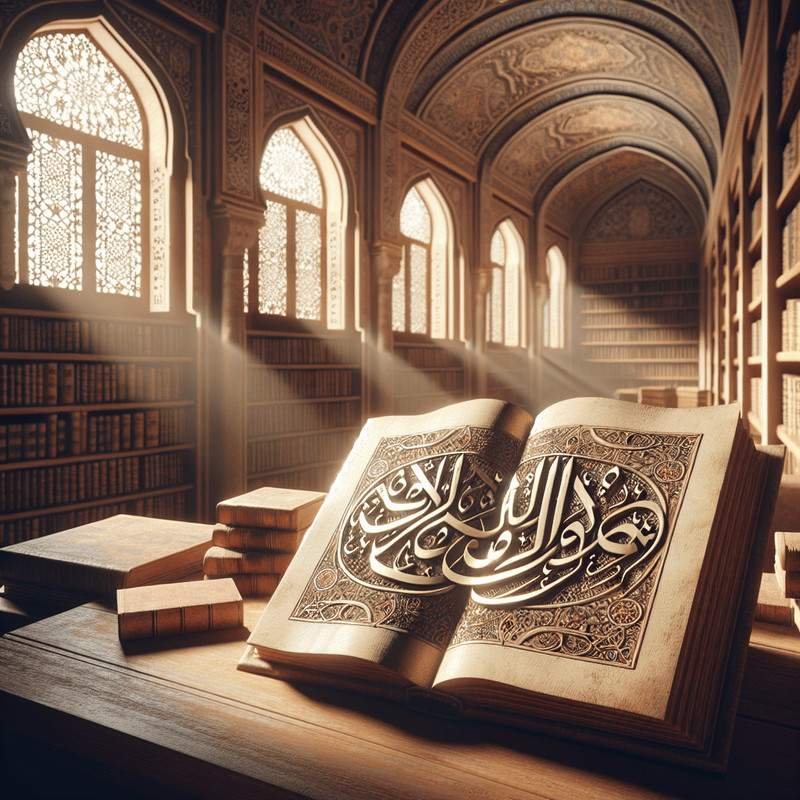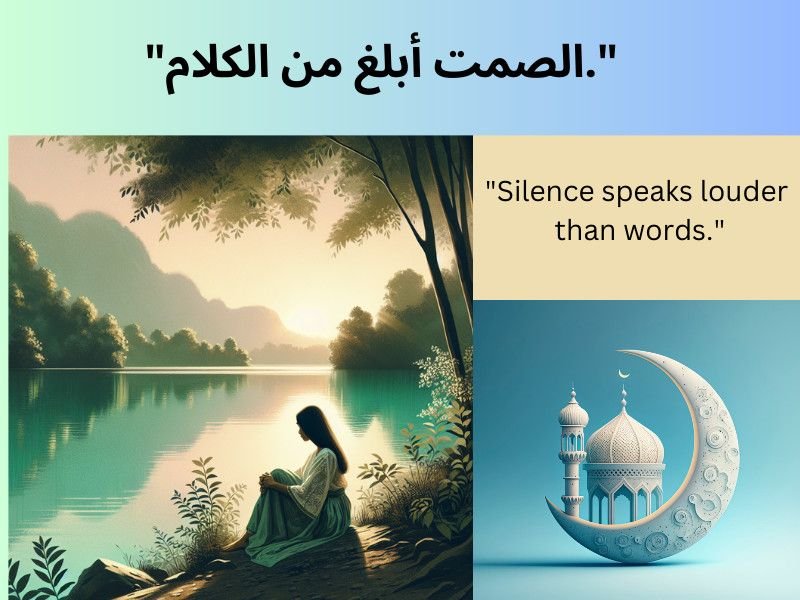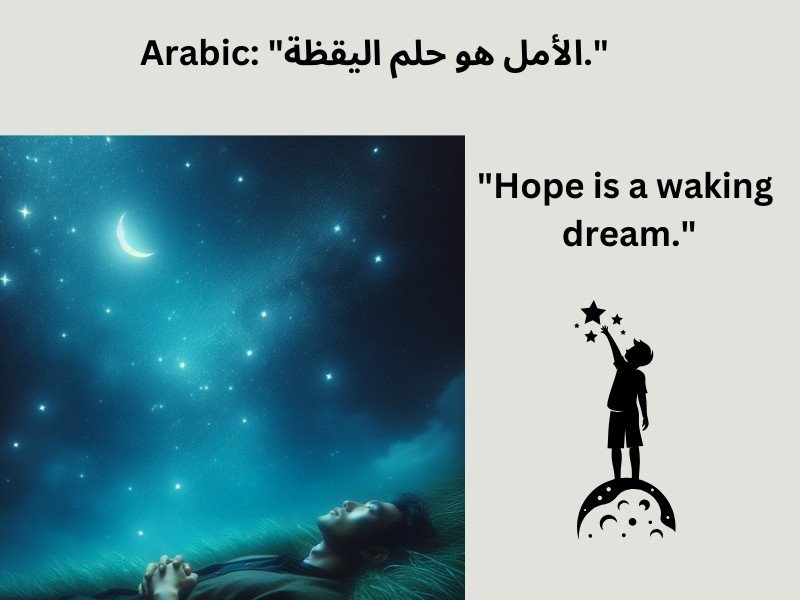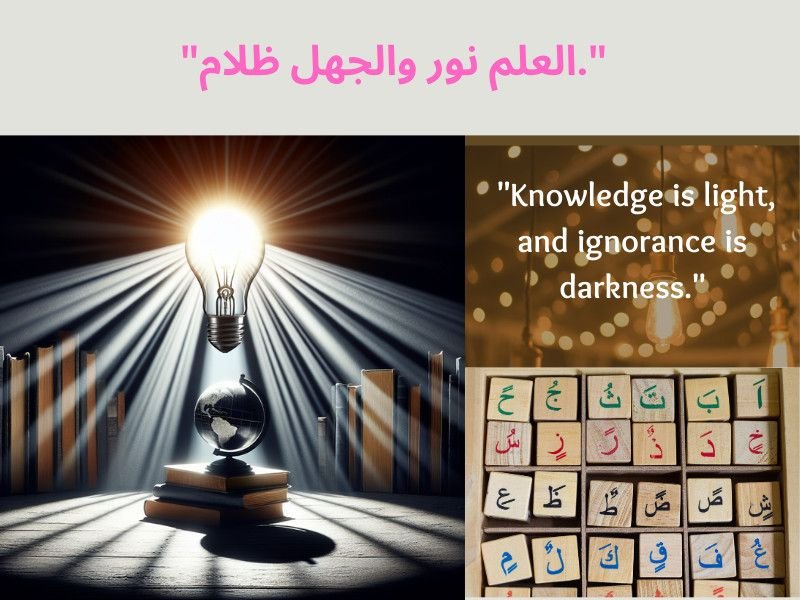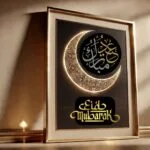Introduction
Arabic quotes are loved for their beauty, brevity, and heartfelt tone. They capture big feelings in simple words, making them easy to remember and share. In this collection, you’ll find clean Arabic lines with a clear English meaning under each—perfect for captions, status updates, study notes, or daily inspiration. From short and popular phrases to deeper reflections on life, love, and motivation, these quotes are ready to copy and use anywhere.
Short Arabic Quotes (Easy & Popular)
These short Arabic lines are also perfect for social media and work beautifully as Arabic captions for Instagram.
كن طيبًا.
Meaning: Be kind.
ابتسم للحياة.
Meaning: Smile at life.
لا تيأس.
Meaning: Do not despair.
أنت كافٍ.
Meaning: You are enough.
كل شيء يمرّ.
Meaning: Everything passes.
خذ الأمور ببساطة.
Meaning: Take things easy.
السلام داخلي.
Meaning: Peace is within.
ابدأ الآن.
Meaning: Start now.
اصنع فرقًا.
Meaning: Make a difference.
كن ممتنًّا.
Meaning: Be grateful.
Beautiful Arabic Quotes About Life
Many of these life-focused Arabic sayings carry wisdom similar to what you’ll find in Islamic quotes about life, where reflection and meaning play a central role.
الحياة رحلة نتعلم فيها كل يوم.
Meaning: Life is a journey where we learn every day.
السعادة قرار قبل أن تكون نتيجة.
Meaning: Happiness is a decision before it is a result.
لا تقارن بدايتك بوسط طريق الآخرين.
Meaning: Don’t compare your beginning to someone else’s middle.
العلاقات تُبنى على الصدق والاحترام.
Meaning: Relationships are built on honesty and respect.
ما كُتب لك سيصل في وقته المناسب.
Meaning: What is meant for you arrives at the right time.
الهدوء قوة لا يراها الجميع.
Meaning: Calmness is a strength not everyone sees.
التجربة أفضل معلم.
Meaning: Experience is the best teacher.
اختر ما يضيف إلى روحك.
Meaning: Choose what adds to your soul.
Arabic Quotes About Love
أحبك كما أنت، بلا شروط.
Meaning: I love you as you are, with no conditions.
حضورك يملأ فراغ قلبي.
Meaning: Your presence fills the emptiness in my heart.
معك أشعر أنني في بيتي.
Meaning: With you, I feel at home.
عيونك طريق إلى طمأنينتي.
Meaning: Your eyes lead me to my calm.
سأكون سندك حين يثقل العالم.
Meaning: I’ll be your support when the world feels heavy.
الحب فعل يومي، لا وعد بعيد.
Meaning: Love is a daily act, not a distant promise.
قلبي يبتسم حين تبتسم.
Meaning: My heart smiles when you smile.
قربك يغني عن ألف كلام.
Meaning: Your closeness makes a thousand words unnecessary.
Inspirational Arabic Quotes
خطوة صغيرة اليوم خير من حلم مؤجل.
Meaning: A small step today is better than a postponed dream.
العمل الهادئ يصنع نتائج عظيمة.
Meaning: Quiet work makes great results.
لا تدع الخوف يوقف محاولتك الأولى.
Meaning: Don’t let fear stop your first try.
الصبر طريق طويل لكنه يقربك من النجاح.
Meaning: Patience is a long road, but it brings you closer to success.
الفشل درس لا حكم نهائي.
Meaning: Failure is a lesson, not a final verdict.
اطلب الأفضل من نفسك كل يوم.
Meaning: Ask the best of yourself every day.
تفاؤلك قوة محرِّكة.
Meaning: Your optimism is a driving force.
احمِ طاقتك، تزدهر حياتك.
Meaning: Protect your energy and your life will flourish.
Famous & Common Arabic Sayings
الوقت كالسيف إن لم تقطعه قطعك.
Meaning: Time is like a sword; if you don’t cut it, it cuts you.
في التأني السلامة وفي العجلة الندامة.
Meaning: In deliberation is safety, in haste is regret.
كما تزرع تحصد.
Meaning: As you sow, so shall you reap.
الحاجة أم الاختراع.
Meaning: Necessity is the mother of invention.
يد واحدة لا تصفق.
Meaning: One hand does not clap.
القناعة كنز لا يفنى.
Meaning: Contentment is a treasure that never fades.
درهم وقاية خير من قنطار علاج.
Meaning: An ounce of prevention is better than a pound of cure.
رب ضارة نافعة.
Meaning: A harm may turn out to be a benefit.
Why Arabic Quotes Are So Meaningful
Arabic lines balance brevity and depth, using clear words that carry warmth and rhythm. They feel close to everyday speech yet hold space for reflection, making them perfect for modern sharing. Whether you prefer classic sayings or fresh phrases, these quotes speak to universal emotions—love, patience, courage, and gratitude. Their simplicity invites readers from any background to connect, remember, and reuse them in daily life.
Explore More Quotes & Captions
Looking for more lines to save and share? You can explore collections focused on love, friendship, and motivation, or browse short captions perfect for social media. Keep a few favorites handy for messages, status updates, and quick inspiration.
Readers interested in spiritual and faith-based reflections may also enjoy browsing Allah quotes in English for deeper inspiration.
Conclusion
We hope this collection makes it easy to find and share lines that speak to you. Save your favorites, turn them into captions, or send them to someone who needs a kind word. With arabic quotes that are short, clear, and heartfelt, you can bring meaning to everyday moments—one line at a time.
The power of these expressions comes from the richness of the arabic language, which allows deep meaning to be conveyed in just a few words.

